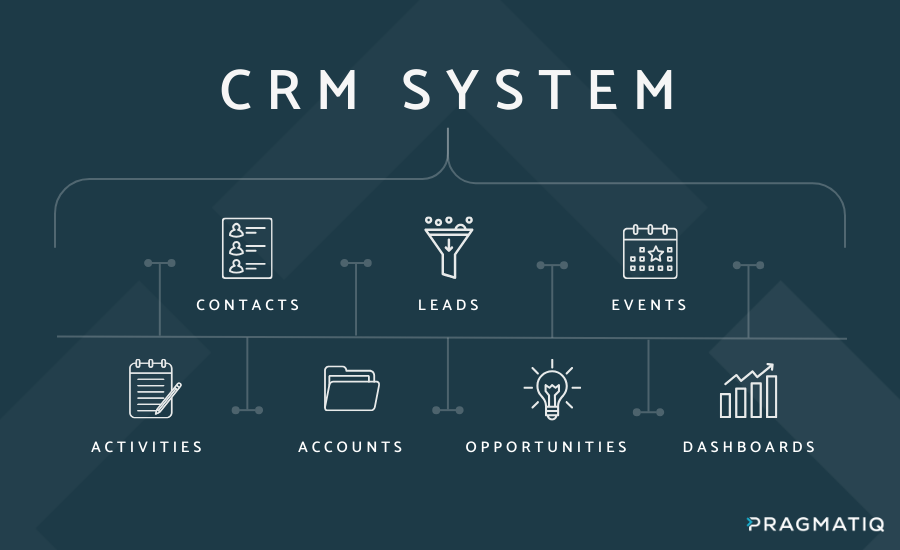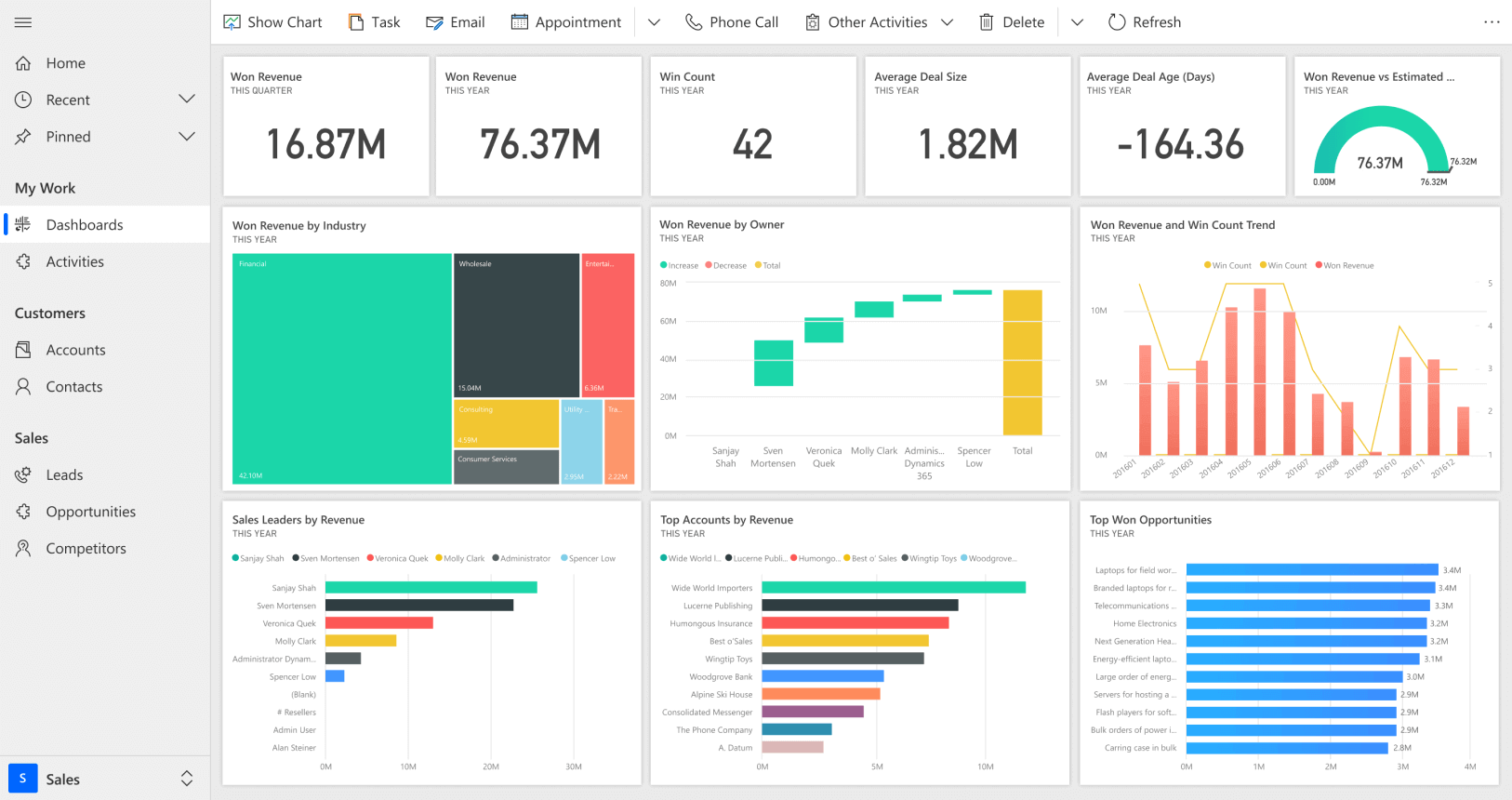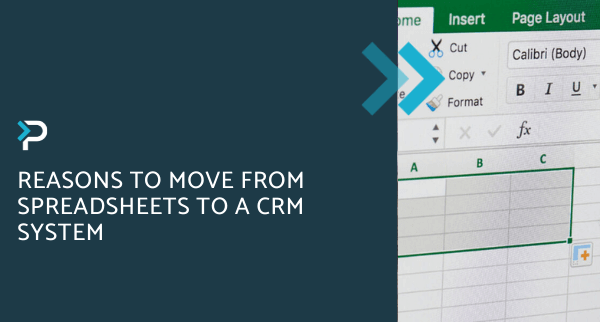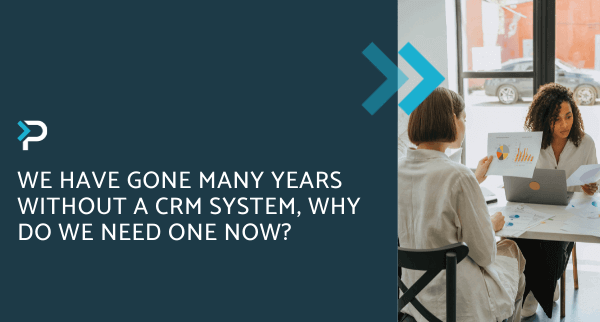What are the key benefits of a CRM System?
What are the key benefits of a CRM System?
October 22nd, 2023
6 min read
In the ever-evolving technological landscape, where new apps and widgets promise to revolutionise organisational performance almost daily, it can be hard to establish which tools actually drive change and which ones don’t deliver in the long term.
Amongst the many options, Customer Relationship Management (CRM) Systems have stood the test of time, proving to be valuable investments that drive performance. Here are a couple of statistics to back up this claim:
- The CRM market is the largest and fastest-growing software market, with 91% of businesses with over 11 employees now using a CRM system
- When leveraged effectively, CRM systems can increase sales by 41%
- Organisations using CRM systems have seen a 27% increase in customer retention
- Sales productivity increased by 15 % in organisations using a CRM
From the above, it becomes clear that implementing a CRM system carries proven benefits. In this blog, we will explore the top 10 benefits of a CRM system and how these can transform your organisation.
Benefits of a Customer Relationship Management (CRM) System
1. Centralised data
A CRM enables your organisation to store all of its information regarding customers, accounts, leads, revenue, and more, in a single platform. This streamlined approach helps your organisation efficiently manage data, ensuring that your employees can access the information they need instantly.
2. Increase customer retention and loyalty
At the core of a CRM solution lies the primary objective: managing customer relationships. A ‘customer’ is not merely someone who purchases a product or service; it extends to partners, beneficiaries, donors, members, and anyone else who engages with your organisation.
A CRM system empowers you to navigate these relationships by offering a comprehensive view of your customers, including information such as their history, interactions, preferences, purchases, and more. With this 360-degree view of your customers, your business gains the ability to craft personalised, positive experiences that not only nurture loyalty but also increase conversions.

3. Effectively manage leads, opportunities and prospects
It is vital to have a clear view of your organisation’s sales pipeline to determine where your sales teams should concentrate their efforts in order to drive conversions. Yet, managing a large number of leads and opportunities, especially when multiple sales representatives are involved, can be quite challenging without the right tool in place.
A CRM system addresses this challenge by efficiently tracking leads, opportunities, and other prospects. This helps your sales teams gain a comprehensive view of the sales pipeline, enabling them to prioritise the most valuable activities.
4. Scalable
A business naturally evolves over time, whether it is due to growth, changes in goals, or market factors. A CRM system must be able to seamlessly accommodate for these changes. Unfortunately, not all CRM systems do this, especially off-the-shelf CRM systems, often struggle to provide the adaptability that many companies need, hindering long-term efficiency.
So what is the alternative? Bespoke CRM Systems provide businesses with a custom-built solution that is tailored to fit around your specific needs and requirements. These bespoke solutions not only meet current requirements but also possess the flexibility to grow with your business. At Pragmatiq, we specialise in these Bespoke CRM Solutions; if you want to know more about them please get in touch.
5. Segment Customers
Are you struggling to swiftly segment your contacts based on specific criteria? A CRM system offers a solution, allowing you to effortlessly categorise your contacts using the data stored within the system.
For example, a sales representative might want to create a segment including all contacts that are residing in London, added within the past month, and are displaying an interest in a particular product. A CRM automates this process, producing a segment that encompasses all contacts that meet the criteria. These segments can then be used to send targeted outreach, which increases the likelihood of successful conversions.
6. Automate Reporting
Accurate reporting is key for making data-driven decisions that drive growth and business success. However, reporting is often time-consuming and complex, and as such, many organisations struggle to stay on top of it.
A CRM system has advanced reporting capabilities that automate this process, saving valuable time and ensuring that you always have the most up-to-date insights at your fingertips.

7. Support Collaboration
A CRM facilitates seamless communication and collaboration by making it easy for employees to access the data they need without touching base with other individuals.
For example, a marketing manager has updated a lead saying it is ready to be transferred to sales. The salesperson is notified and can then access the record that has all information regarding this lead, at the click of a button. This simplifies collaboration across organisations making employees more efficient.
Additionally, CRM Solutions can integrate with other business systems such as Sharepoint, Teams, Outlook, LinkedIn Sales Navigator, etc., making it even easier to track every interaction from start to finish.
8. Work Anywhere
Cloud-based CRM systems provide mobile access, meaning that your team can access important data via their smartphone, tablet, or laptop. As data is added or edited, your information is updated in real-time, so employees can see those changes regardless of where they are working from. Most CRM solutions also include offline capabilities, ensuring that any changes made in offline mode synchronise as soon as an internet connection is available.
9. Reduce time spent on admin
A CRM simplifies administrative tasks by:
- Automating data entry
- centralising data, eliminating the need to search for scattered data
- Streamlining time-consuming processes such as emails, meeting summaries, case reports, insights and more
10. Robust data security and compliance
Using a CRM system provides improved security around your data by using secure credentials to sign into the system. Security permissions can also be set around particular elements, granting access to only those users who require it. Therefore, when a user leaves the company, simply deactivate their account and have confidence that your data is safe.
If you have any questions regarding CRM systems or are interested in implementing a solution within your organisation, please get in touch by emailing us at info@pragmatiq.co.uk or calling us on 01908 038110. Alternatively, fill out the contact form, and a member of our team will be in touch shortly.
Want to keep in touch?
Sign up to our newsletter for regular updates.
"*" indicates required fields


